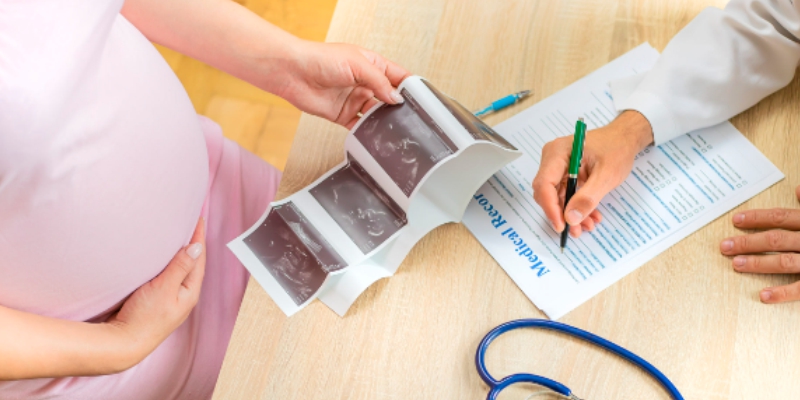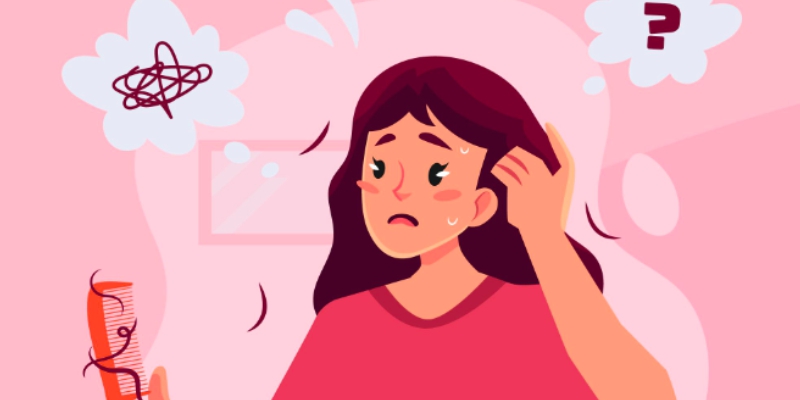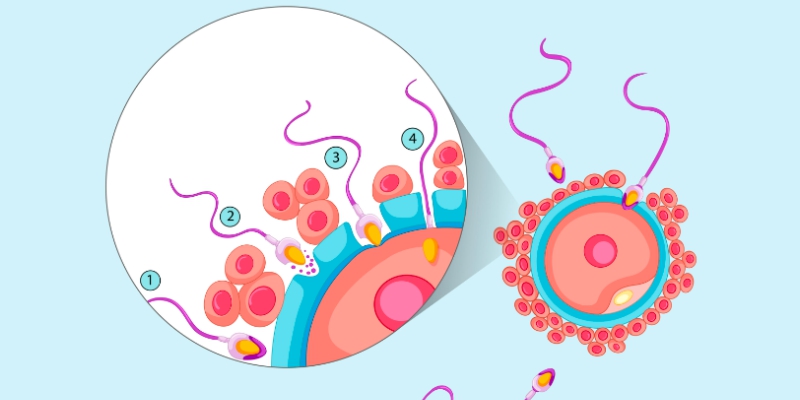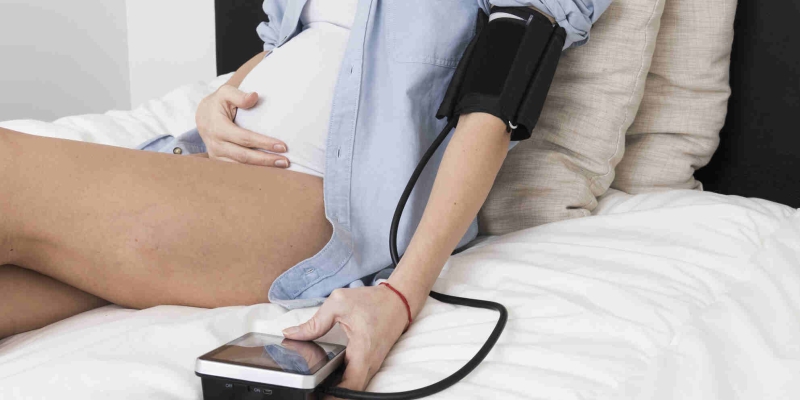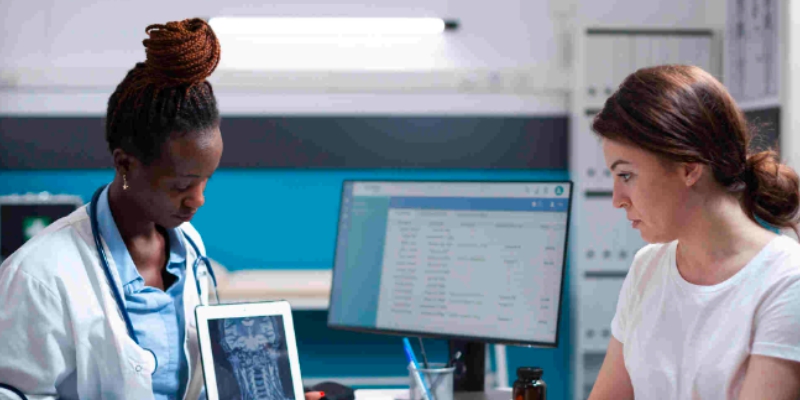Author – Dr Ekawali Gupta
MBBS, MS Degree in OBG,
Consultant Obstetrician and Gynaecologist, Mohali.
Labor Induction: When Is It Necessary and What Are the Methods?
Introduction:
Labor induction is a medical procedure wherein doctors use medications or other methods to trigger labor in a pregnant woman. Dr Ekawali Gupta, MBBS, MS Degree in OBG, Consultant Obstetrician and Gynaecologist says that This procedure is critical when waiting for natural labor could pose risks to either the mother or the baby. In India, with its burgeoning population and diverse healthcare challenges, labor induction is a commonly practiced procedure to ensure the safety and timely delivery of babies.
Section 1: Circumstances Necessitating Labor Induction
Labor induction is not a one-size-fits-all solution and is recommended under specific circumstances. Some of the situations that might necessitate labor induction include:
- Post-term Pregnancy: When a pregnancy extends beyond 40 weeks, it is considered post-term. In such cases, labor induction may be recommended to avoid potential complications.
- Pre-eclampsia or High Blood Pressure: Pre-eclampsia is a serious condition characterized by high blood pressure and signs of damage to other organ systems, most often the liver and kidneys. Labor induction may be necessary to prevent severe complications.
- Health Conditions: Certain health conditions in either the mother or the baby may necessitate earlier delivery. These could include gestational diabetes, heart disease, or other serious conditions.
- Water Breaking: If a woman’s water breaks (membranes rupture) without the onset of contractions, labor may need to be induced to prevent infections and complications.
- Fetal Growth Restriction (FGR): This condition occurs when the baby grows slower than normal during pregnancy. Labor induction might be considered to prevent further complications.
- Cholestasis of Pregnancy: This is a liver condition that causes severe itching and can lead to complications for both the mother and the baby, prompting the need for labor induction.
Labor induction is a decision taken in conjunction with medical professionals who assess the unique health conditions and risks involved. It is a step towards ensuring the safety and well-being of both the mother and the child.
Section 2: Methods of Labor Induction
Labor induction can be achieved through various methods. The choice of method largely depends on the condition of the cervix and the particular circumstances of the pregnancy. Below are some common methods of labor induction:
- Medicinal Methods:
- Misoprostol: A synthetic prostaglandin, Misoprostol is used to ripen the cervix and induce labor. The INFORM study conducted in India highlighted the effectiveness and acceptability of low-dose oral Misoprostol, showing promising results, especially in low-resource settings.
- Dinoprostone: Similar to Misoprostol, Dinoprostone is a Prostaglandin gel used for cervical ripening and labor induction.
- Mechanical Methods:
- Foley Catheter: A Foley catheter is inserted into the cervix and inflated to help the cervix dilate. It’s a mechanical method of induction that doesn’t involve medications.
- Membrane Stripping: This method involves a healthcare provider inserting a finger into the cervix and gently separating the amniotic sac from the uterine wall to stimulate labor hormones.
- Surgical Methods:
- Artificial Rupture of Membranes (Amniotomy): This procedure involves making a small opening in the amniotic sac to stimulate contractions and induce labor.
Each method has its own set of advantages, disadvantages, and suitability based on individual circumstances. It’s imperative that the chosen method is discussed and agreed upon with healthcare providers.
Section 3: Success and Acceptability of Various Induction Methods in India
The success and acceptability of labor induction methods in India were notably highlighted in the INFORM study. This study compared oral Misoprostol with Foley catheter induction in a government hospital in India, revealing a 10% higher rate of vaginal birth within 24 hours and less need for caesarean section with Misoprostol. Women in the Misoprostol group were also more satisfied with the outcome compared to those induced with the catheter method.
The results of the INFORM study are encouraging for the use of low-dose Misoprostol, particularly in patients with mild hypertensive disease in low-resource settings. However, further studies are needed in women with severe, early-onset hypertensive disease and intrauterine growth restriction.
The choice of induction method greatly affects the experience and satisfaction of women undergoing labor induction. Hence, continuous research and patient education are pivotal in optimizing the labor induction process in India.
Section 4: Risks and Precautions
The best gynaecologist in sector 32 says While labor induction is a common practice, it is not without risks. Some potential risks include:
- Uterine Hyperstimulation: Over-stimulation of the uterus can lead to fewer resting times between contractions, potentially stressing the baby.
- Infection: Any invasive procedure carries the risk of infection, which could be detrimental to both mother and baby.
- Unintended Cesarean Delivery: Labor induction might increase the likelihood of needing a cesarean section, especially if the cervix isn’t ready for labor.
It’s crucial to discuss these risks and any concerns with healthcare providers. Proper prenatal care, understanding the procedure, and following medical advice can significantly mitigate these risks.
Section 5: Preparing for Labor Induction
Preparation is key to a smoother labor induction experience:
- Mental Preparation: Understanding the procedure, setting realistic expectations, and staying positive are essential.
- Discussion with Healthcare Providers: Having a detailed discussion about the induction plan, potential risks, and pain management options is crucial.
- Pain Management: Considering pain relief options in advance and discussing these with healthcare providers will ensure better preparedness.
Section 6: Conclusion
Labor induction is a vital procedure that can ensure the safety and timely delivery of the baby. While it carries certain risks, with proper preparation and medical guidance, the process can be made smoother and less stressful. The choice of induction method should be a collaborative decision made with experienced healthcare providers.
Dr Ekawali Gupta will respond to your query as soon as possible. For emergencies please call and reach Motherhood Hospital, Mohali.
At Motherhood Hospitals, we have a team of experienced supers specialists backed by the latest infrastructure and facilities. We have the best gynaecologist in Mohali. We are experts in handling complex deliveries, gynecological, and other surgeries including a range of laparoscopic surgeries.
Do make an appointment with the best woman care hospital in Mohali at a center closest to you. Meet with our doctors who will carry out the required investigations, diagnose the issue, and recommend the most appropriate treatment, enabling you to lead an active life.
If you wish to get in touch with Dr. Ekawali Gupta, please book your appointment here.








